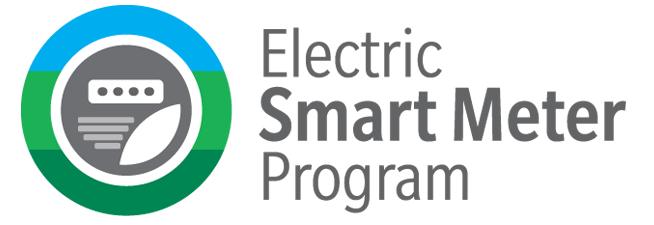Information on this page is for customers in
{{ town-name }}
Smart Meter Quick Questions and Answers

What's the difference between the meter I have now and a smart meter?
Today’s meters collect data on a monthly basis. An Eversource vehicle drives by and reads meters from the street.
Smart meters will automatically transmit data to our systems in regular intervals without a vehicle needing to drive by.
Will I be told when I’m going to receive my new meter?
You’ll be notified several times prior to receiving a new smart meter through a variety of channels such as email, mail and text.
We cannot provide you with an exact day and time.
Do I have to pay for the smart meter?
There is no fee at the time of installation and the installers will not ask you for money.
The cost of the smart meter program is factored into your cost of service and collected through a charge in the delivery portion of all customer bills.
How does a smart meter transmit data?
Is the information transmitted by a smart meter secure?
Yes. Data sent from a smart meter is sent over a private network and stored on our secure company servers. In addition, smart meters are not used to transmit any customer personal information, such as name and address.
Are smart meters safe regarding radio frequency (RF) and electromagnetic field radiation (EMF)?
We rely on Radio Frequency (RF), which is a type of Electromagnetic Field Radiation, for many devices in our everyday lives, such as police and fire radio systems, cell phones, wireless internet and more. The Federal Communications Commission requires that all wireless devices sold in the United States, including smart meters, meet minimum guidelines for safe human exposure to RF energy. RF is also monitored and regulated by the Environmental Protection Agency, Food and Drug Administration, National Institute for Occupational Safety and Health and the Occupational Safety and Health Administration.
The low levels of RF emitted from a smart meter are well below regulatory limits. When a smart meter is transmitting, the exposure to RF energy at a distance of 8 inches from the meter is 0.06 mW/cm² at 902 Mhz, or almost 10 times lower than the exposure limit set by the FCC.
Here are some additional resources on smart meters and RF.
What if I don’t want a smart meter? Can I opt out of getting one?
I rent or lease my residence. How will this impact me?
If you are present at the time of installation, you may notice a brief power outage while the meter is installed.
If you’re responsible for paying your electric bill, you’ll have access to all smart meter benefits.
If your electric bill is paid by your landlord, they will have access to the information and benefits provided by the new meter.
I am a net metering customer. Will I receive a new smart meter?
Yes, your regular meter will be upgraded to a smart meter.
Some net meters may need to be upgraded at the same time your regular meter is changed to a smart meter.
Will you be able to control how much energy I use and when I use it?
Smart meters are not used to control your energy use. The information we collect from smart meters is used for billing and outage purposes and to determine if the meter is functioning properly.
Where are the meters manufactured?
The company building our smart meters is Itron.
Every smart meter that we install will be manufactured at their plant in Oconee, South Carolina.
Itron has worked on smart technology for decades with 8,000 utilities in 100 countries. They have a rigorous quality assurance process to ensure the safety and reliability of the meters.
Will I be able to read my smart meter to see how much energy I’ve used?
The easiest way to monitor your energy use once you get a smart meter is to log into your account, or open our app, to view your usage data. But most residential customers who like to read their own meters will still be able to do so. Here’s how:

Your smart meter will rotate through several display screens. The screen marked 80 (pictured below) shows kilowatt-hours used. By tracking and comparing the numbers on this screen over an interval of time – say, a month – you can see about how many kilowatt-hours you’ve used.
Business customers will not be able to read usage directly from their smart meters. Also, customers cannot self-report their energy usage to us by reading their meters; these readings are for your information only.
The other screens, marked 81 through 83, display the amount of energy sent to the grid (for customers with distributed generation installed); reactive energy used to power devices with motors, such as air conditioning or washers; and reactive energy generated by battery backups when applicable. Measuring reactive energy flow helps us operate our delivery network more effectively.